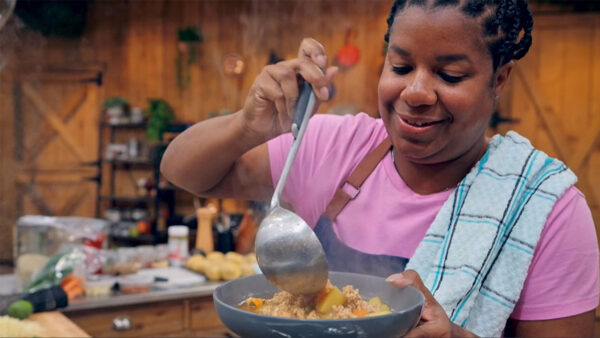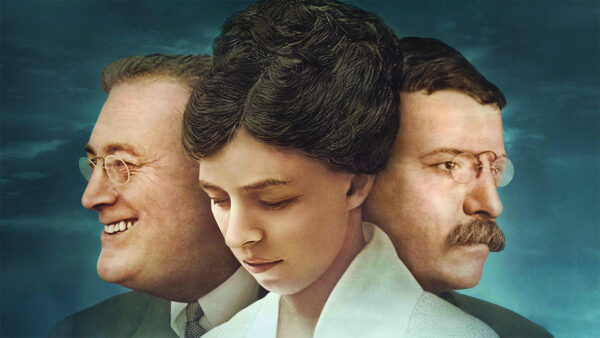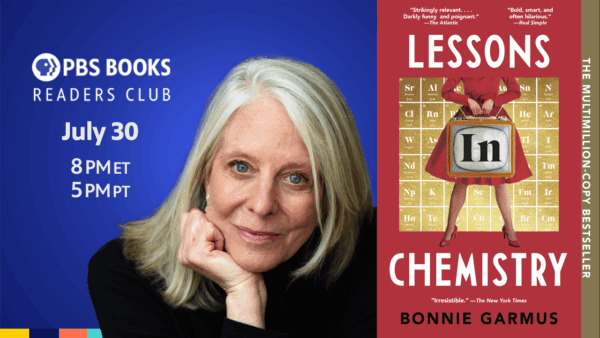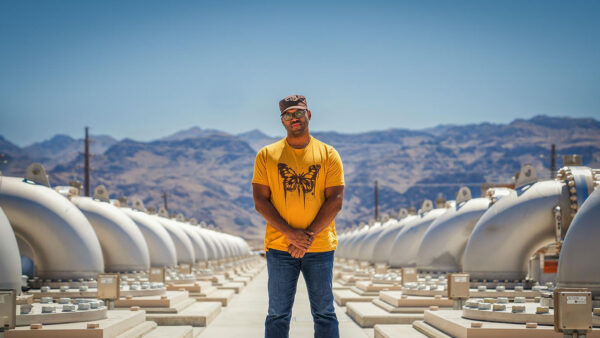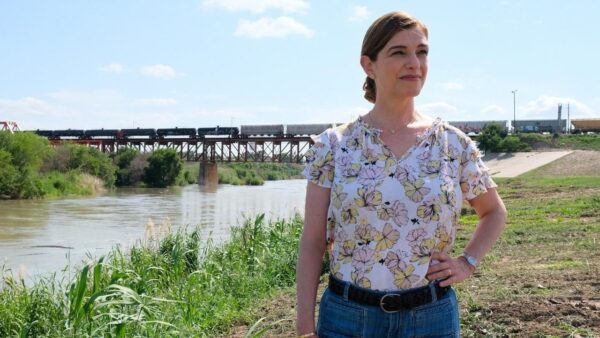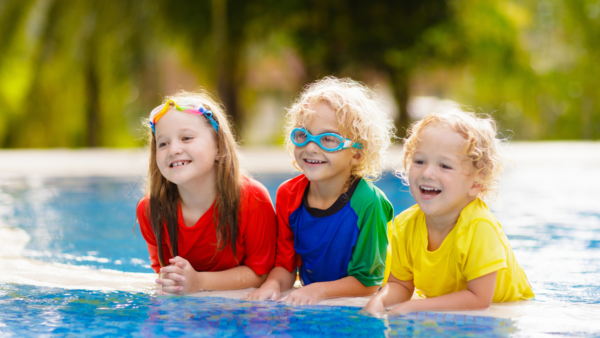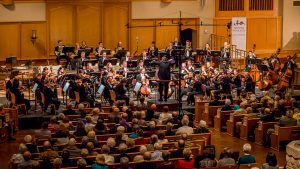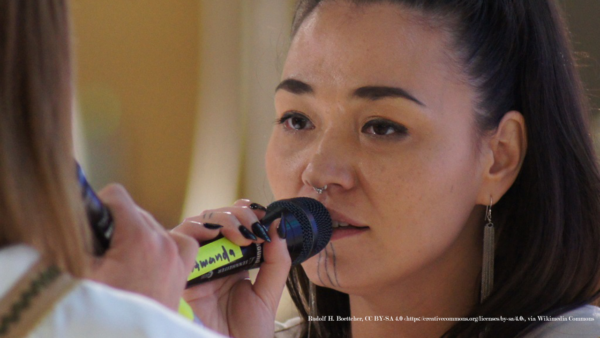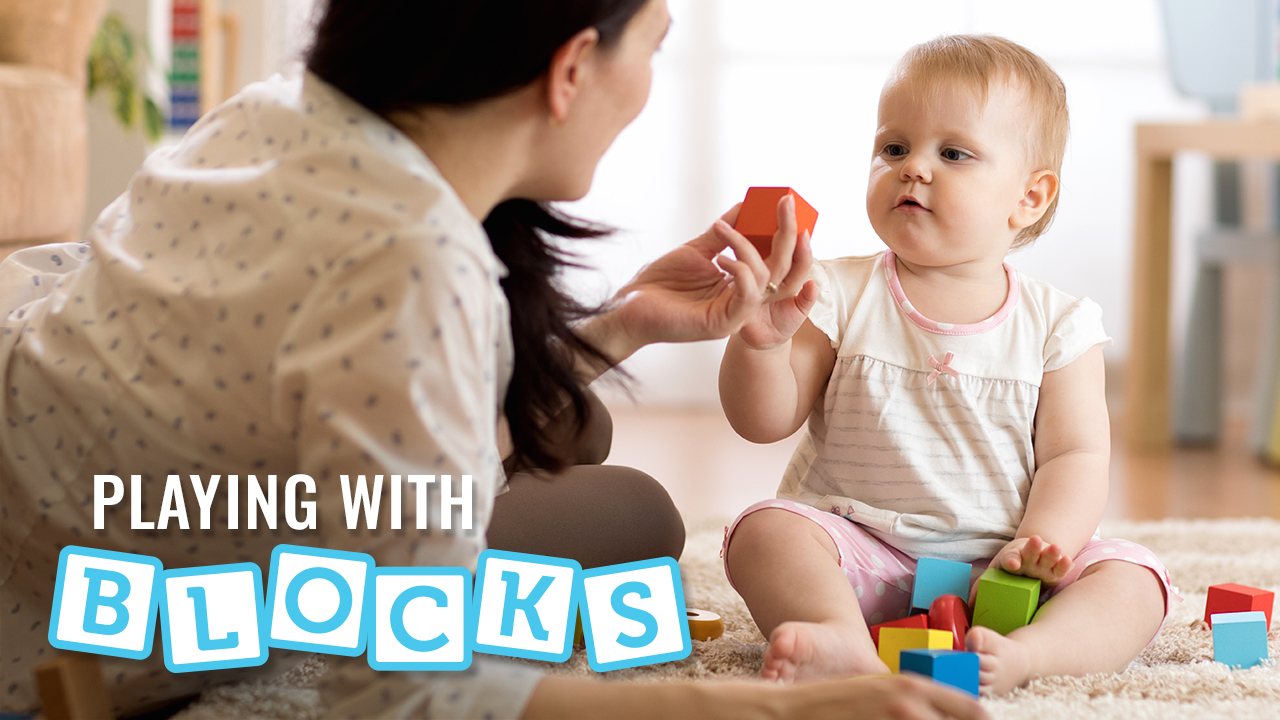
Block Play Builds Early STEM and Spatial Skills
Aug. 19, 2024
Young Albert Einstein spent a lot of time playing with blocks. It sparked his imagination and helped develop his scientific mind.
Now, more than a century after his revolutionary theories of relativity were published, there’s growing evidence that playing with blocks helps young kids develop the skills needed for careers in science, technology, engineering and math (STEM).
You could buy Einstein’s very own blocks, (price: $180,000 plus $3 shipping), but any ordinary set will do. Either way, your child will get the same developmental benefits.
How do blocks build STEM skills in early childhood?
There’s no guarantee your little one will grow up to be a world-famous physicist, but it’s not just a theory that playing with building blocks helps kids learn about things like shape, size, location, distance and direction.
Young children learn about these concepts — known as spatial awareness — through movement, exploration and play.
Block play is especially good for spatial learning because it provides opportunities for kids to move and arrange objects and see what happens. Each tower that rises and falls is an experiment in how things in the physical world relate to each other.
But it may be the language shared between children and their adult caregivers during block play that’s the key. Researchers are finding that understanding spatial vocabulary — words like “above,” “below,” “next to,” “inside,” “over” and “through” — could be what fuels kid’s abilities and interest in math and science later on in school. And studies show that children learn to use more spatial language when playing with blocks than when not.
Does early math matter?
Some recent studies show that spatial learning developed in block play relates to math learning as early as age 3. Could that really matter in the long run? Statistically, yes, because students who start kindergarten with stronger math skills go on to do better in elementary school math. And kids who do better in elementary school math are much more likely to graduate from high school and attend college.
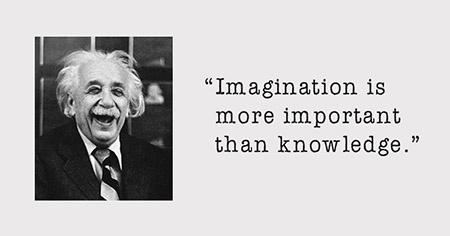
What does all this mean for parents and caregivers?
While the evidence about spatial skills and early math learning is powerful, keep in mind how young kids learn best — through play. Yes, it’s a great idea to get out the blocks and play with your little one, but don’t be concerned with trying to teach. Make it fun. Talk together. Follow your child’s imagination.
As Einstein said, “Imagination is more important than knowledge.”
About First Things First

First Things First is Arizona’s early childhood agency, committed to the healthy development and learning of young children from birth to age 5. Learn more about early childhood programs at FirstThingsFirst.org.








